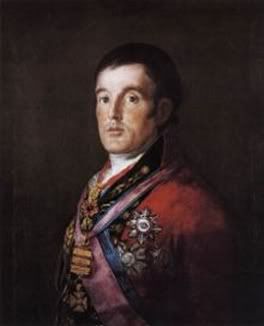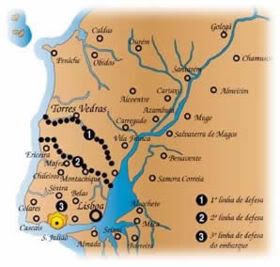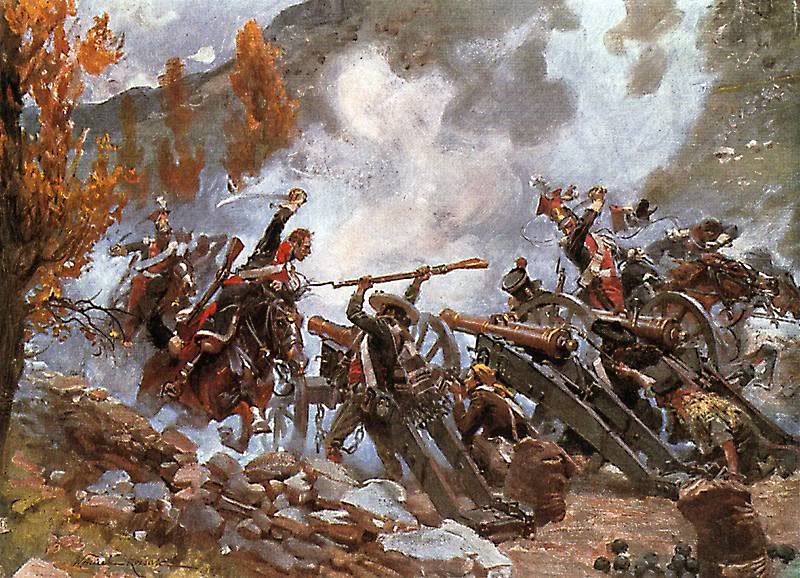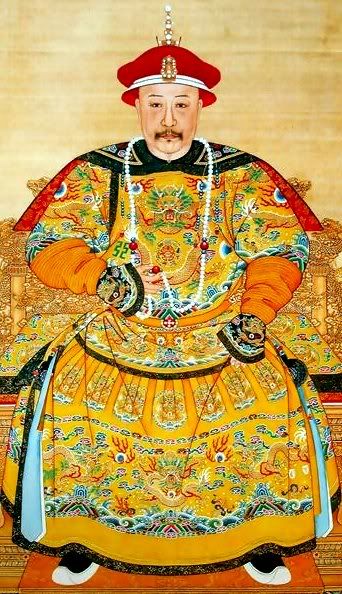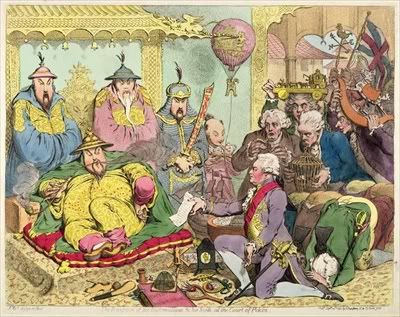A Continent Under One Man – The High Tide fo Napoleonic Power
The period between 1808 and 1812 marked the high tide of Napoleon’s power. During this period the war with Britain continued to role on at a lower intensity, Napoleon’s American allies all made their peace with the British whilst France expanded her influence over yet more of the European Continent.
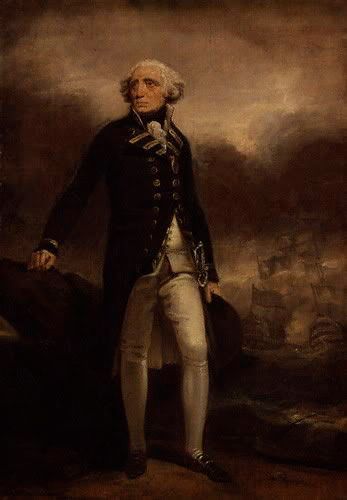
1808 was not a good year for French ambitions abroad and that was largely due to Dietrich von Habsburg, brother of Emperor Karl and First Lord of the Imperial Fleet. Dietrich had control over the world’s 2nd largest fleet (before Trafalgar it had been the 3rd largest behind France). It was no secret that Emperor Karl II was being held in Vienna against his wishes and Dietrich decided to set up a separate government to properly represent the Austrian Emperor in Silber Fluss. With him Dietrich brought substantial military backing as he managed to escape the Adriatic with the Habsburg Mediterranean Fleet and subsequently secured the support of Habsburg stations in the East Indies, the West Indies, Australia, Silber Fluss, South Africa and Kalifornia. Only the Indian station remained loyal to the Vienna government. Dietrich’s new ‘Free Austrians’ movement was quickly spread across the overseas Habsburg Empire by a mixture of popular feeling and the strength of Dietrich’s fleet.
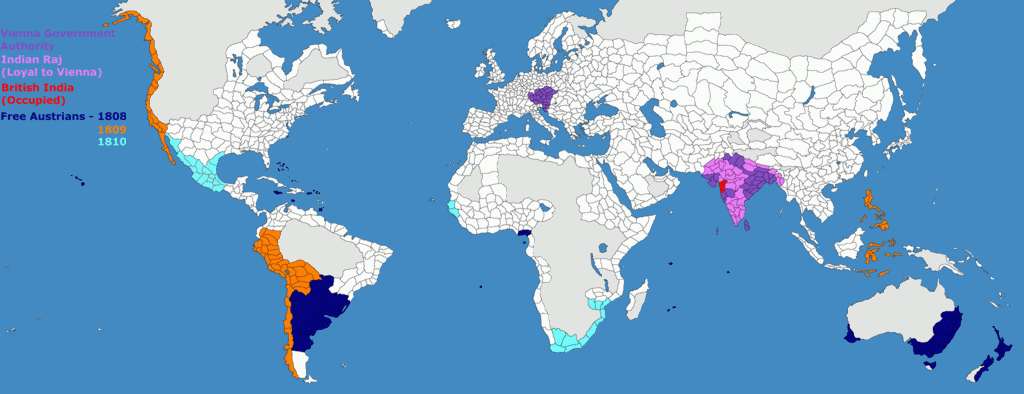
Over the course of a little over two and a half years Dietrich managed to secure everything except for the Indian Raj for the Free Austrians. The vast majority of his funding came streaming from the Austrian homeland where nobles, merchants, clergy and even common people donated to anti-French funds. It was believed that Karl himself was one of the main contributors.
It is also notable that between 1808 and 1809 Britain made peace with Haiti, New England and the Union of Central American States. The only notable change made by these peace deals was the British recognition of the Union’s independence. The end of the conflict in UCAS and the withdrawal of British troops from the region was an enormous boon for the previously rather weak Colombian rebels. With much fewer British soldiers to oppose them and many thousands of soldiers now supposed to be demobilised large contingents of troops flooded over the border from the now peaceful UCAS in British Colombia to help fuel to Revolution.
The period between the end of the Third Coalition and the formation of the Fourth was marked by economic warfare between Britain and France. The British, with support from the Free Austrian Fleet, attempted to strangle the French of their trade from outside Europe. This tactic left India and the French East Indies as regions under effective self governance yet both maintained their independence from France’s enemies. Meanwhile Napoleon instituted the Continental System which effectively embargoed all British trade with Europe.
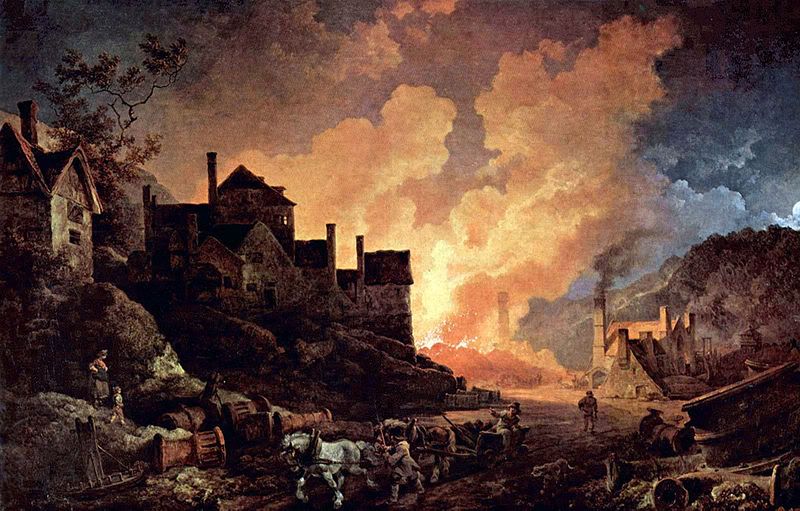
Britain’s growing influence in the late 18th and early 19th century had as much to do with the economic revolution in Britain as much as the decline of traditional trading rivals of the British: Spain and Austria. Despite struggling to maintain technological parity with France and Austria for generations in the late 18th century Britain took a sudden leap forward into the future. Agriculture was revolutionised, mass industry began to emerge and most importantly the British pioneered with steam power. The new ‘workshop of the world’ held incredible economic muscle as British exports began to dominate Europe. Napoleon hoped that by severing the Continent from Britain’s economic influence he could end the possibility of yet another Coalition forming.
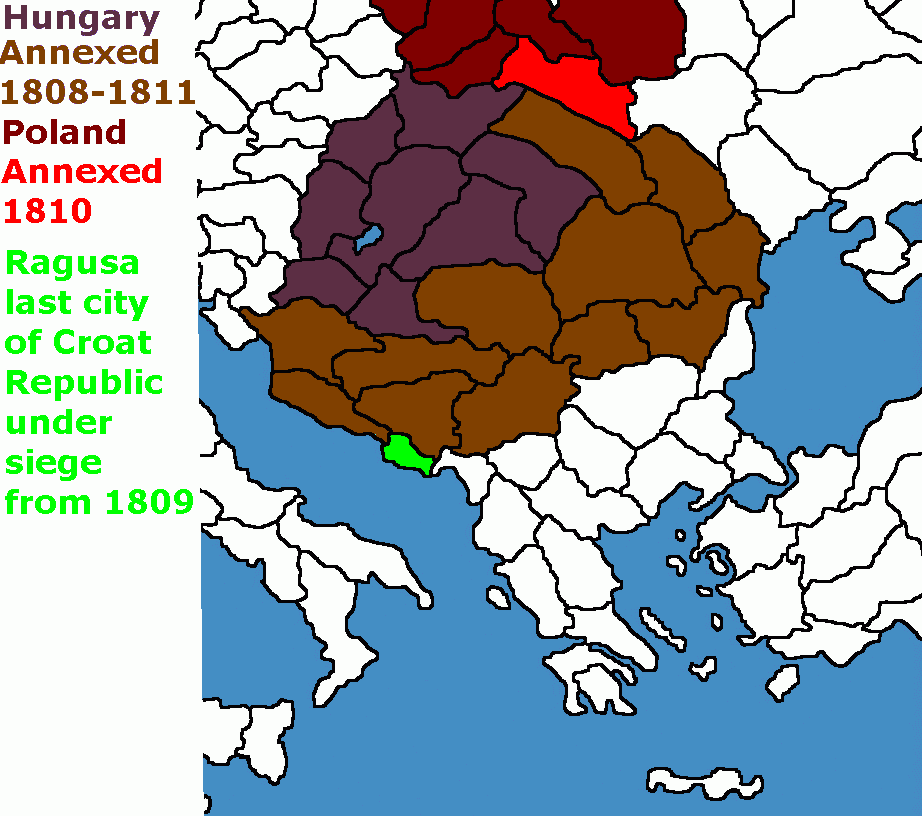
Between 1808 and 1811 Napoleon ‘gave’ the Hungarians (the recently promoted) Marshal Davout and around 20,000 French soldiers to secure authority over the Balkans. This was regarded as Hungary’s ‘reward’ for their timely invasion of Austria in the previous war. For around 3 years Davout led the Franco-Hungarian army across the region, securing a Hungarian state that stretched from the Black Sea to the Adriatic. However the city of Ragusa remained stubbornly impregnable. The last city of the once powerful Croat Republic was heavily fortified, was kept supplied by the British and Free Austrian Fleet, received artillery support from off shore Allied vessels and was garrisoned by a large force of Croats, British and Free Austrians.
The first cracks in Napoleon’s Continental System did not take long to emerge. The Kingdom of Portugal, merely a small coastal strip stretching from Porto to Lisbon, had long been economically dependent upon Britain, even before the British Industrial Revolution. After just a few months of the Continental System Portugal was on the edge of economic ruin and dropped out. Soon British imports again began to flood into Porto and Lisbon, but worse still they quickly made their way from Portugal into chaotic Spain. Incandescent with rage Napoleon ordered his brother – King Joseph of Spain – to invade Portugal and forever crush that nation.
However the Portuguese had not been unprepared. Shortly before dropping out of the Continental System they had been sent around 10,000 British Marines under the command of Arthur Wellesley, the rising star of the British military.
Ever since the French invasion of Spain the Portuguese had feared Franco-Spanish invasion and since then an impregnable system of forts, the Torres Verdras Line, had been under construction. However with Portugal’s low budget and poor organisation the process had been infuriatingly slow. However after Wellesley’s arrival things proceeded at an incredible pace. By the beginning of the Spanish invasion the Line was all but complete and by the time Franco-Spanish forces arrived outside of Lisbon at the start of 1809 the fortifications had been finished and Lisbon was secure.
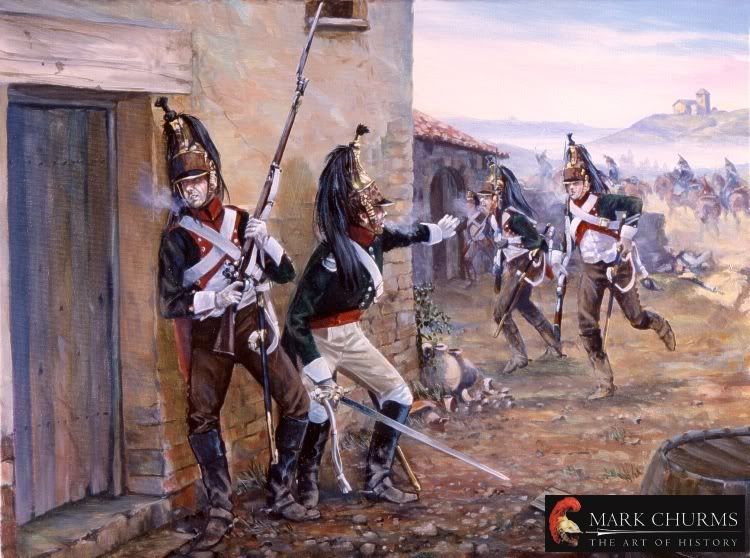
The Peninsular War had been raging ever since Napoleon first placed his brother on the Spanish throne in 1804 and since then a French occupation force in the hundreds of thousands had supported the indiscipline and notoriously treacherous Spanish Army (Joseph’s army) in fighting a mass Spanish insurgency. The Spanish troops turned against the French more often than they fought with them and the countryside was always in a state of chaos whilst major cities and forts remained in Franco-Spanish hands. The Spanish rebels were supported by Britain between 1804 and 1809 but it was not until the British granted Wellesley ‘’total responsibility for the Coalition war effort in Iberia’’ following his securing of Lisbon that the Peninsular War began to turn firmly against the Bonapartists.
Through 1809 British and Free Austrian ships began to support the capture of several Spanish ports. Most important were the captures of Cadiz (June 1809) and La Coruna (November 1809). Meanwhile at the same time Wellesley left Lisbon and began to take charge of British, Portuguese and Spanish troops in open engagements in Spain.
For the most part Wellesley found that the great numerical superiority of the Bonapartist forces made battle very difficult and he frequently fled from possible engagements. However it was considerably more costly for the Franco-Spanish forces to move around Spain that it was for the Coalition troops making every feint and every chase and extremely expensive operation for the French.
In the first major battle of the Peninsular War in mid 1811 Wellesley managed to destroy and entire division of French troops in the Somosierrey Pass. This victory gave the Allies effective control over all Galicia.
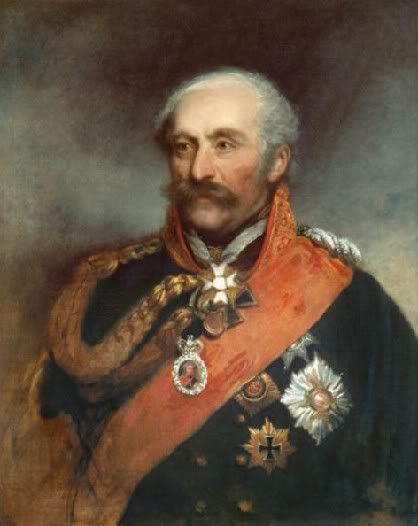
During this period an impressive development took place in the Kingdom of Great Saxony. Marshal von Blücher, a man of Prussian birth (he was born in the Prussian Republic of Memel), fled from the lands of the Golden Horde to Saxony in 1808. In the Mongol Empire he had been a prominent General however in recent years the European peoples under Horde rule (Lithuanians, Prussians, Finns, Russians, other Slavs ...) had started to rise up against their Asiatic masters. In 1806 Blücher betrayed his Khan and took command of a large scale Russian revolt. The war lasted two years and although he almost secured freedom for the Horde’s European peoples he was eventually beaten down by much large Tartaric forces. In 1808 he was given asylum by King Lucien Bonaparte of Great Saxony and shortly thereafter made Marshal of the infant Kingdom’s army and tasked with creating an effective military force from nothing.
Within a couple of years Blücher had created a powerful army of around 150,000 men that was credit by Napoleon as ‘’the most disciplined in Europe’’. This mighty force was, however, not loyal to its King, Lucien Bonaparte, but its commander - Gebhard Leberecht von Blücher.
Napoleon had long viewed the key to his success as the support of the Great Khan – Engke Khan. With an alliance with the Golden Horde Napoleon could secure safe access overland to India, attack British Scandinavia and cut the British off from one of the largest markets on earth. In 1810 Napoleon secured part of what he had wanted when Engke Khan agreed to a Treaty of Mutual Cooperation. The Great Khan refused to sign an official alliance and did not allow French troops to pass through his lands on route to either India or Sweden. However he did agree to join the Continental System and expelled all British merchants from his vast Empire.
For the next two years Napoleon happily sat by as Britain struggled to deal with total isolation from Europe.
However in April 1812, in a complete political u-turn, Engke Khan signed an agreement with a British ambassador which ended Mongol participation in the Continental System and entered the Empire into the British blockade of the French.
Napoleon resolved to return the Mongol Empire to the Continental System – through force if necessary.
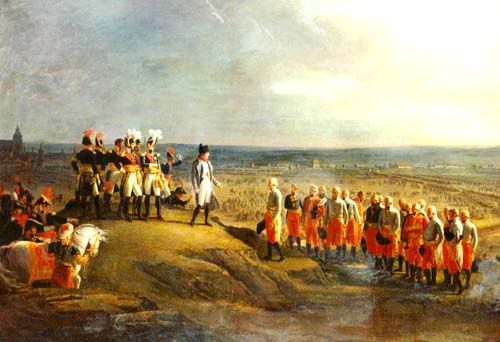
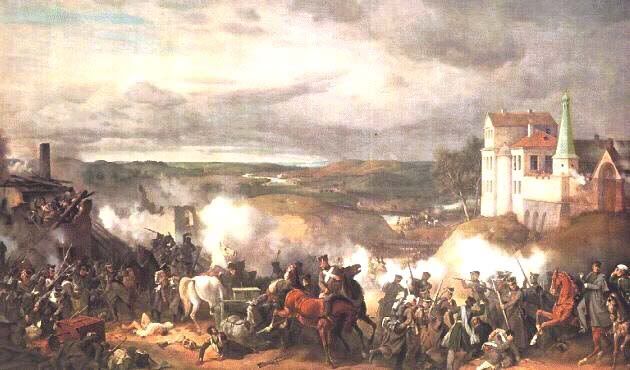
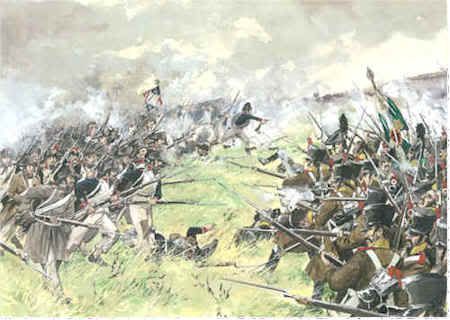
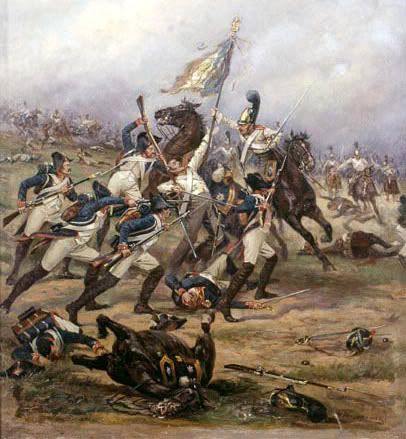
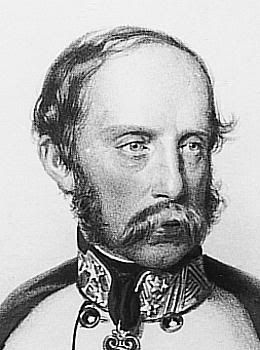
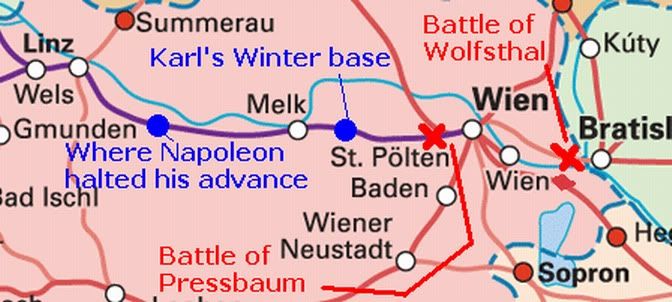
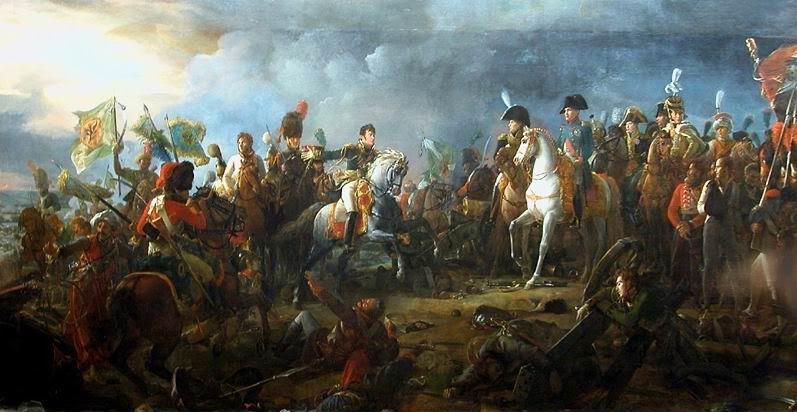
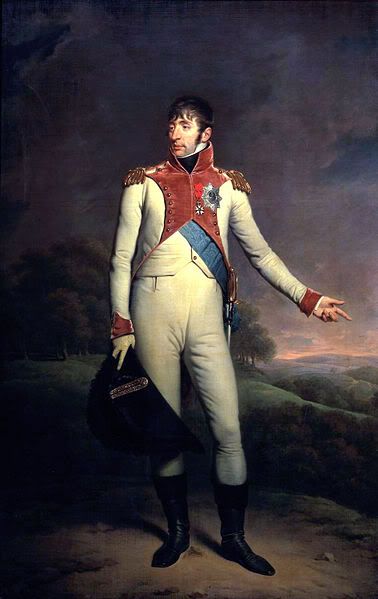
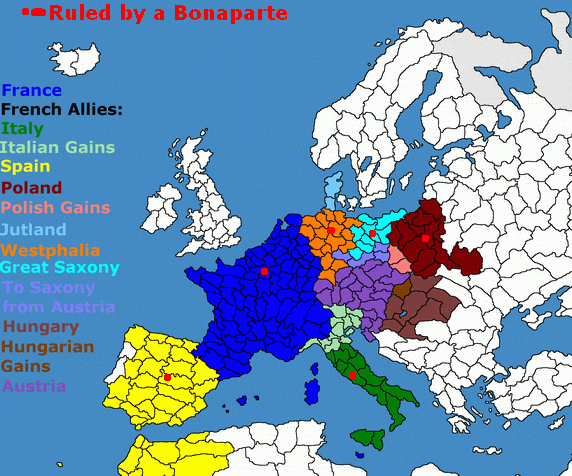
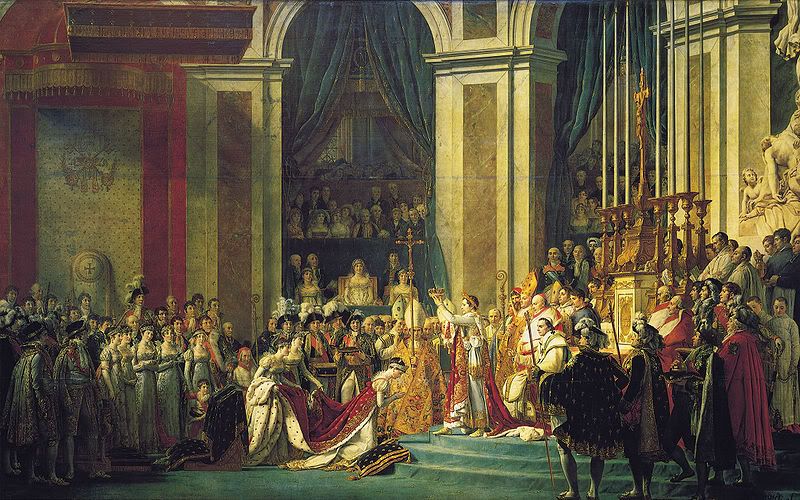
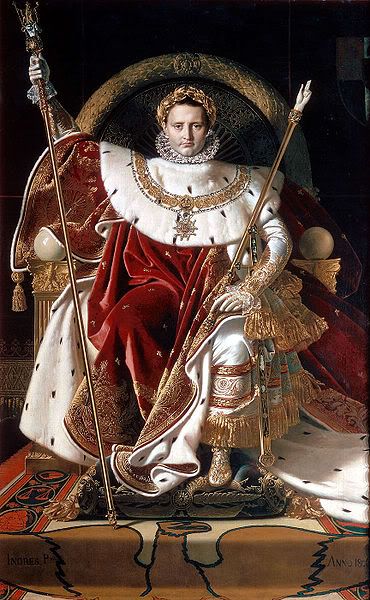
.




